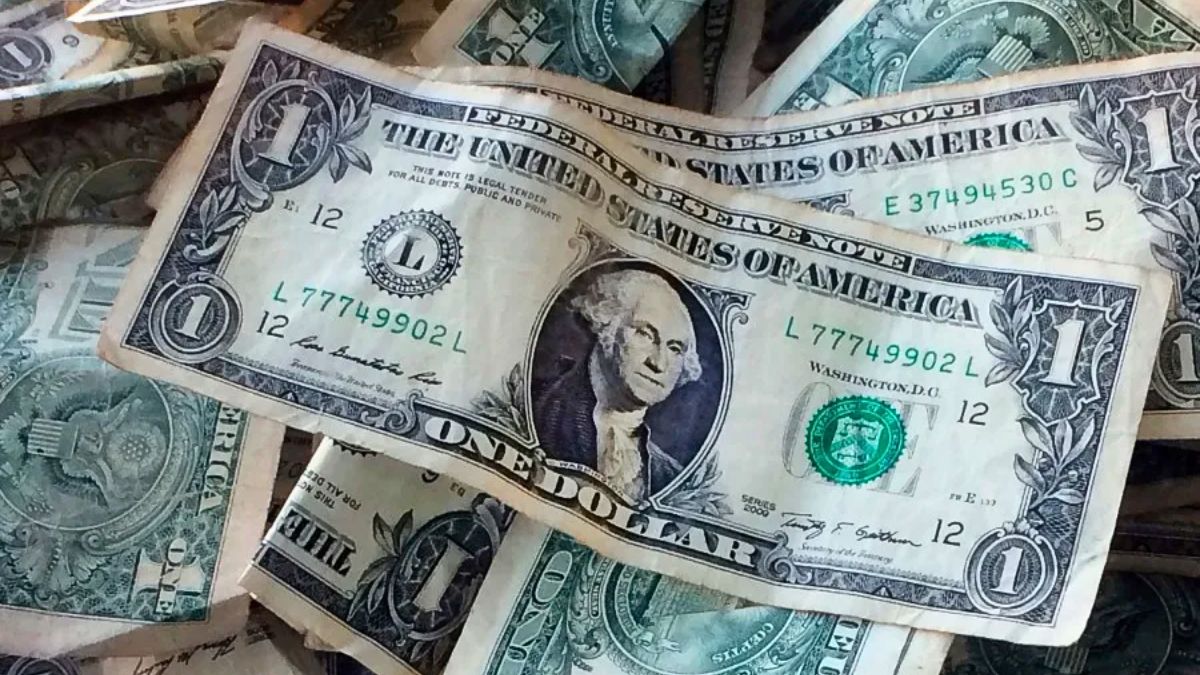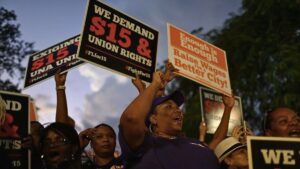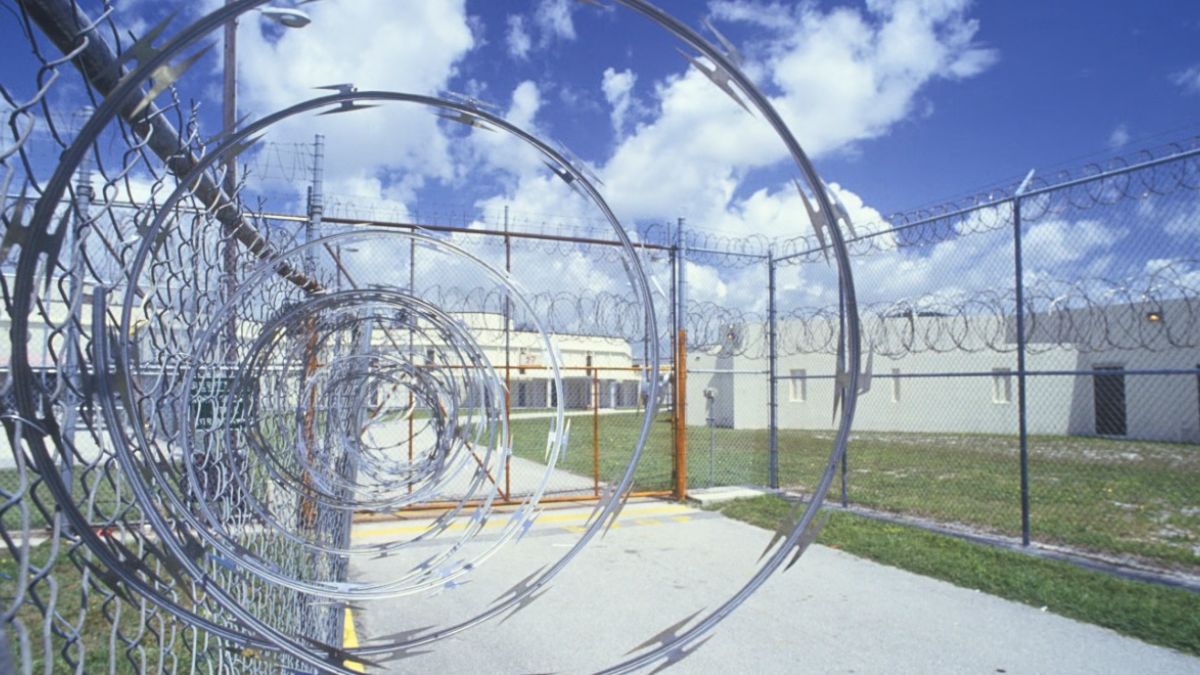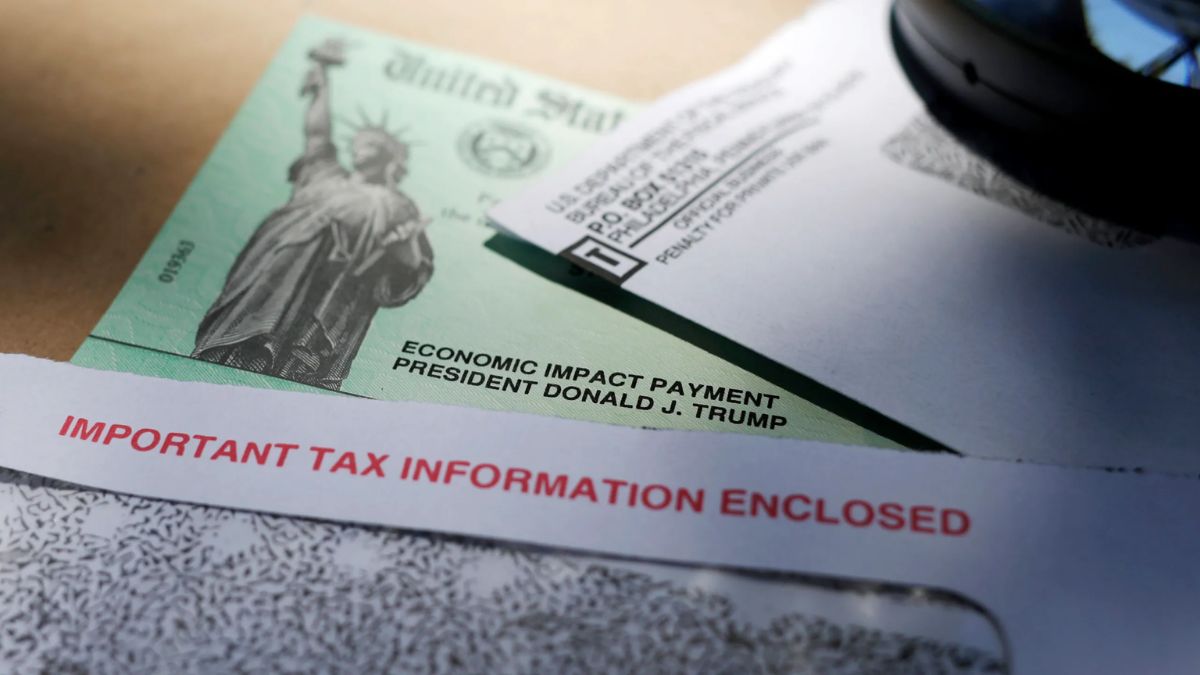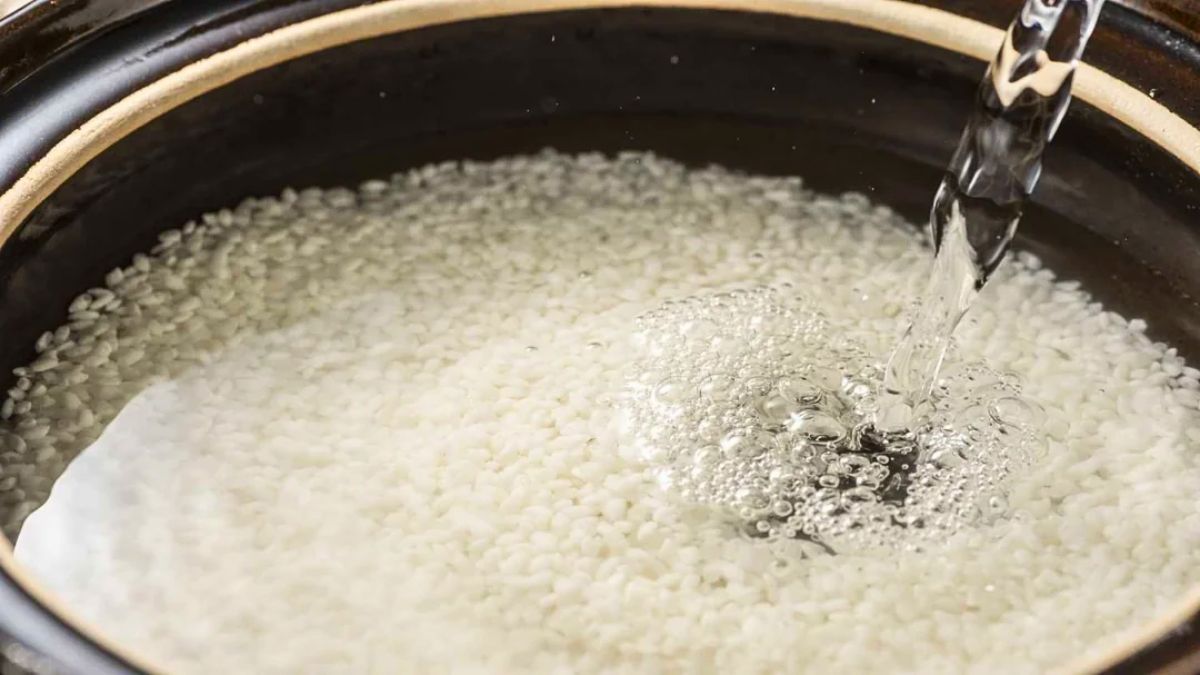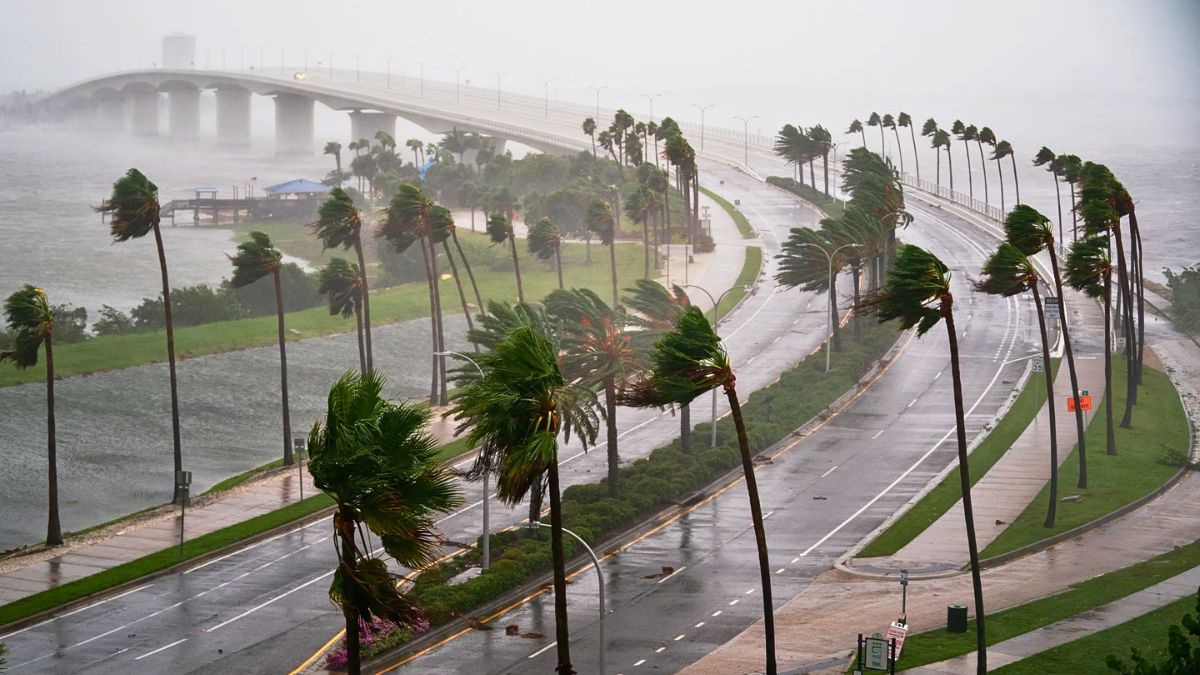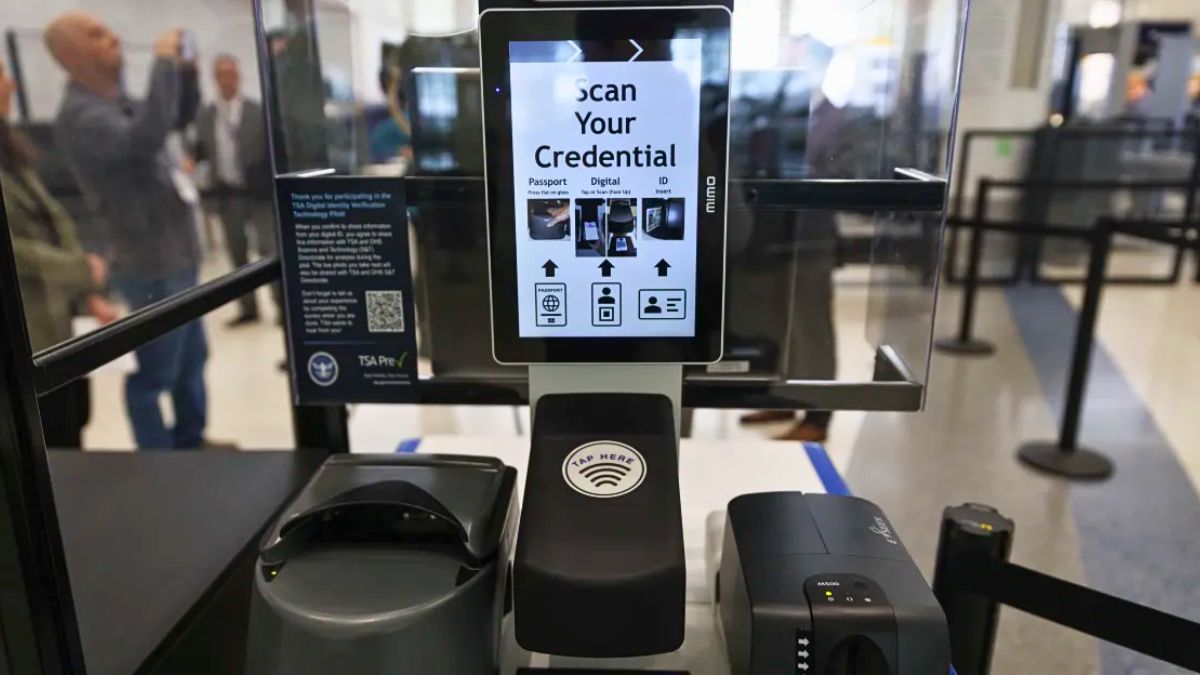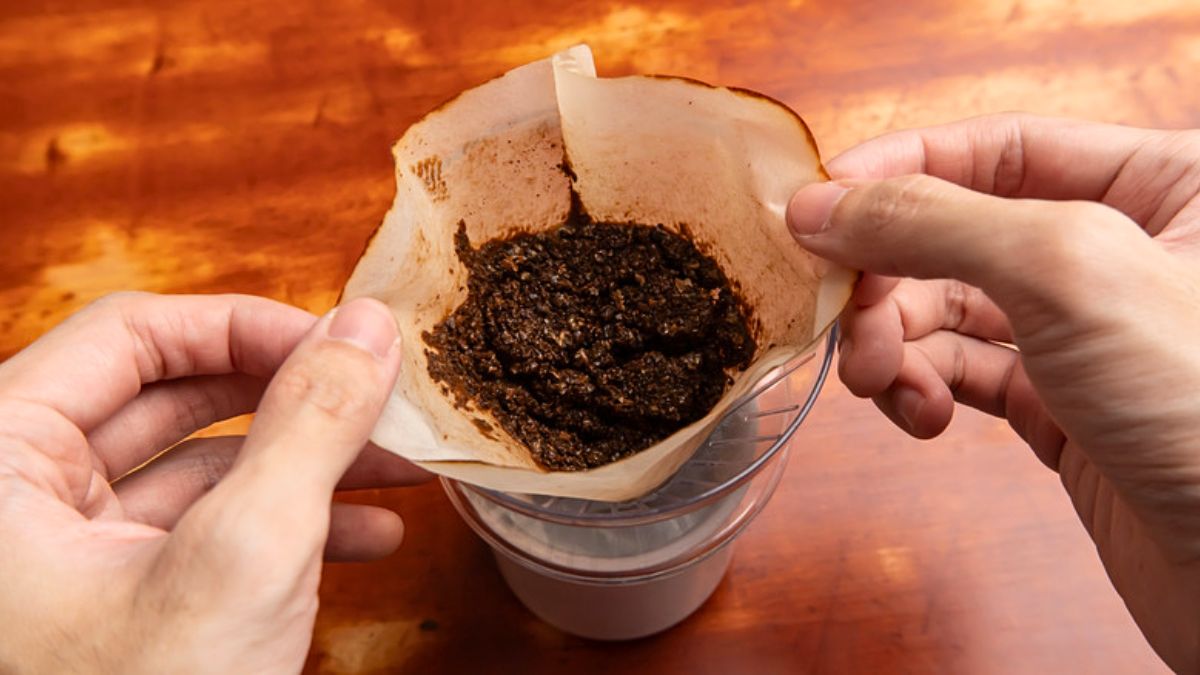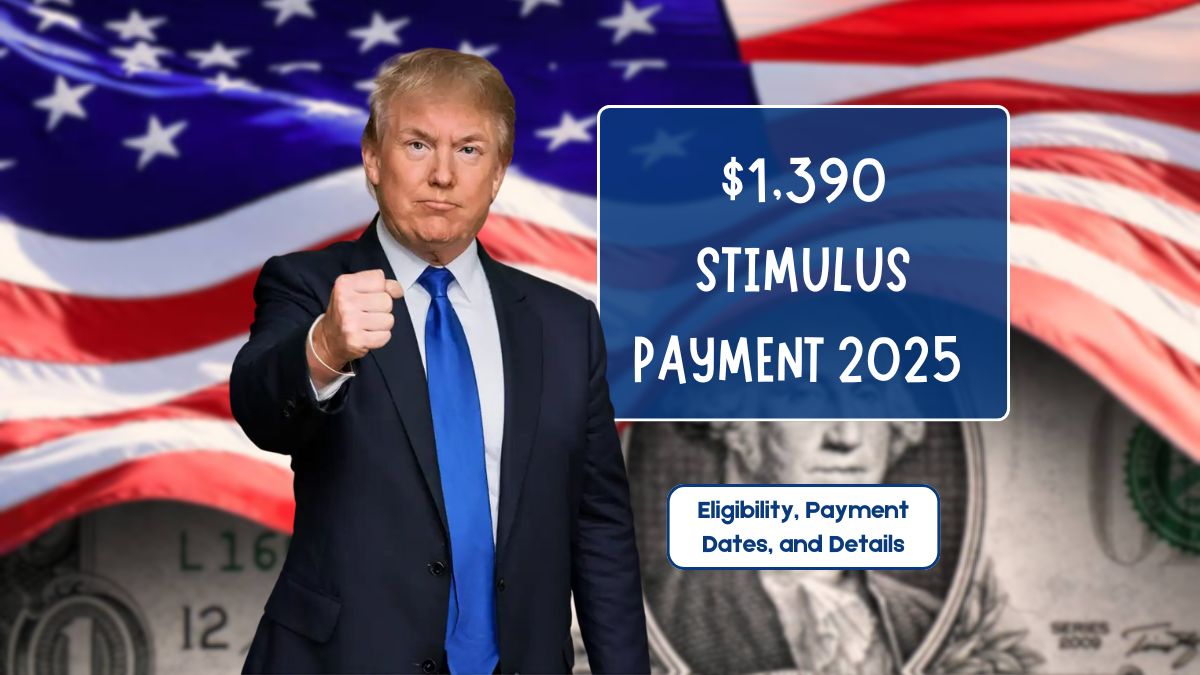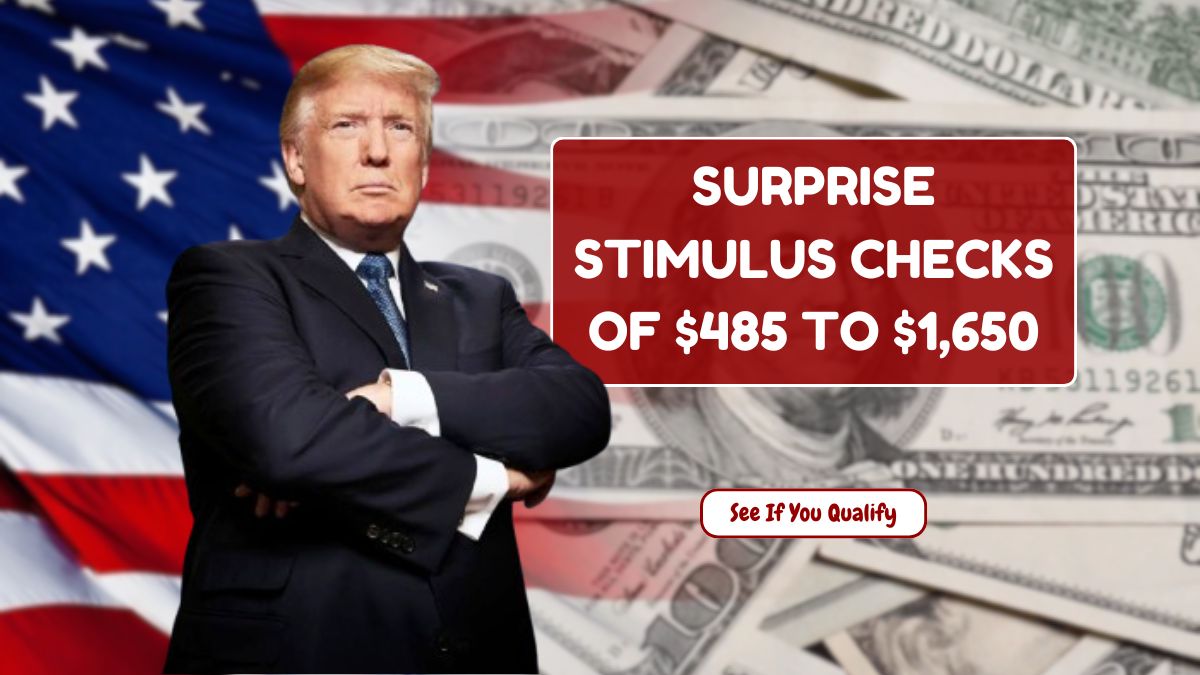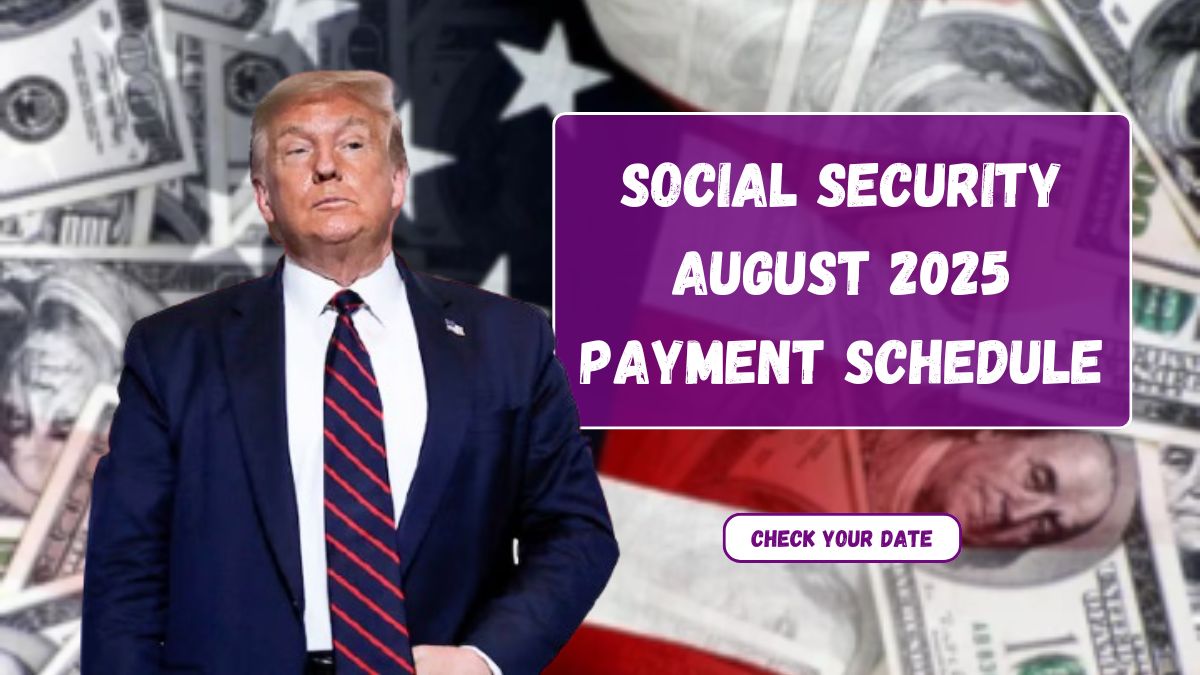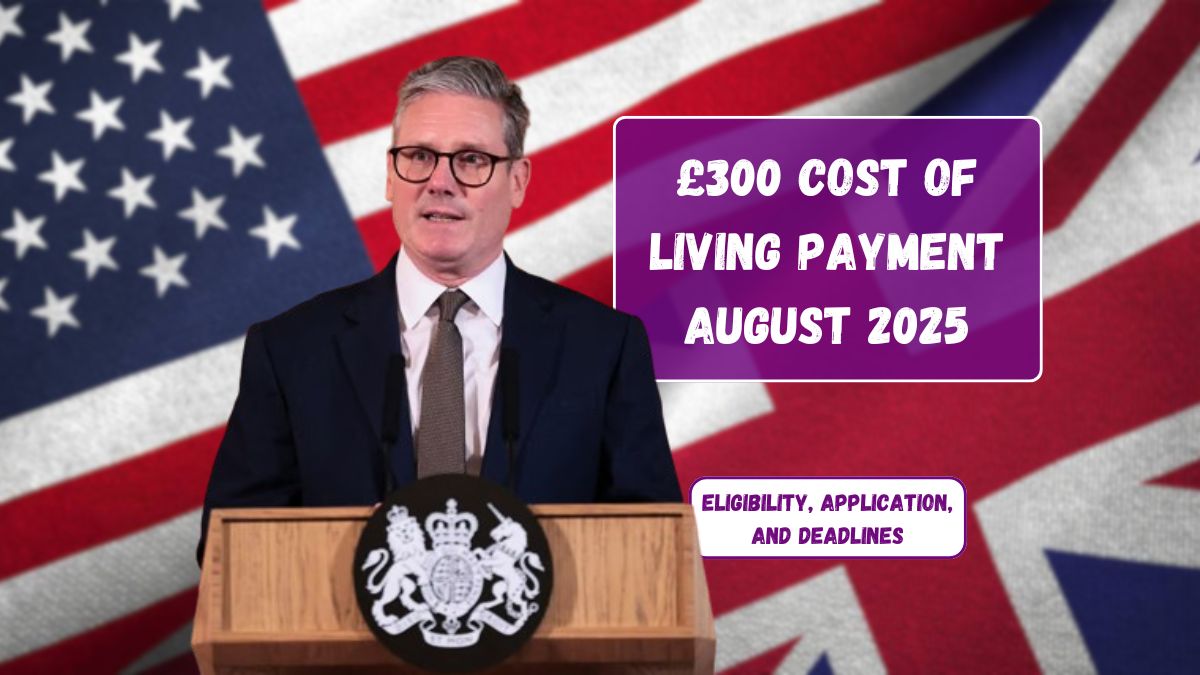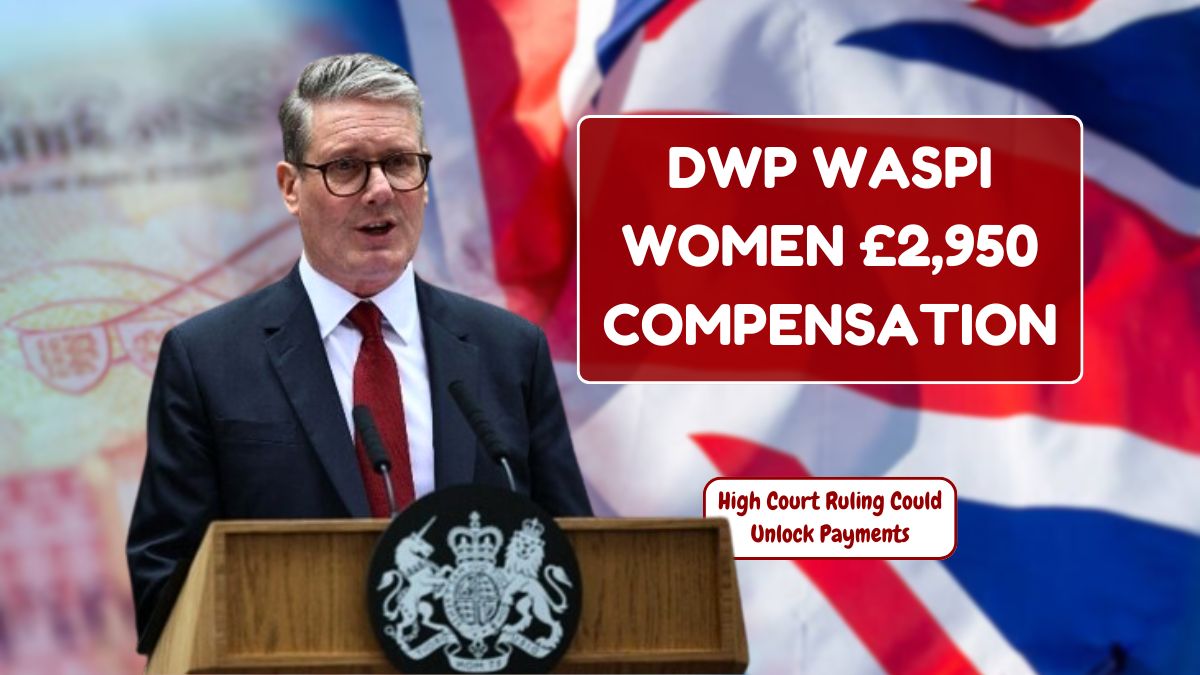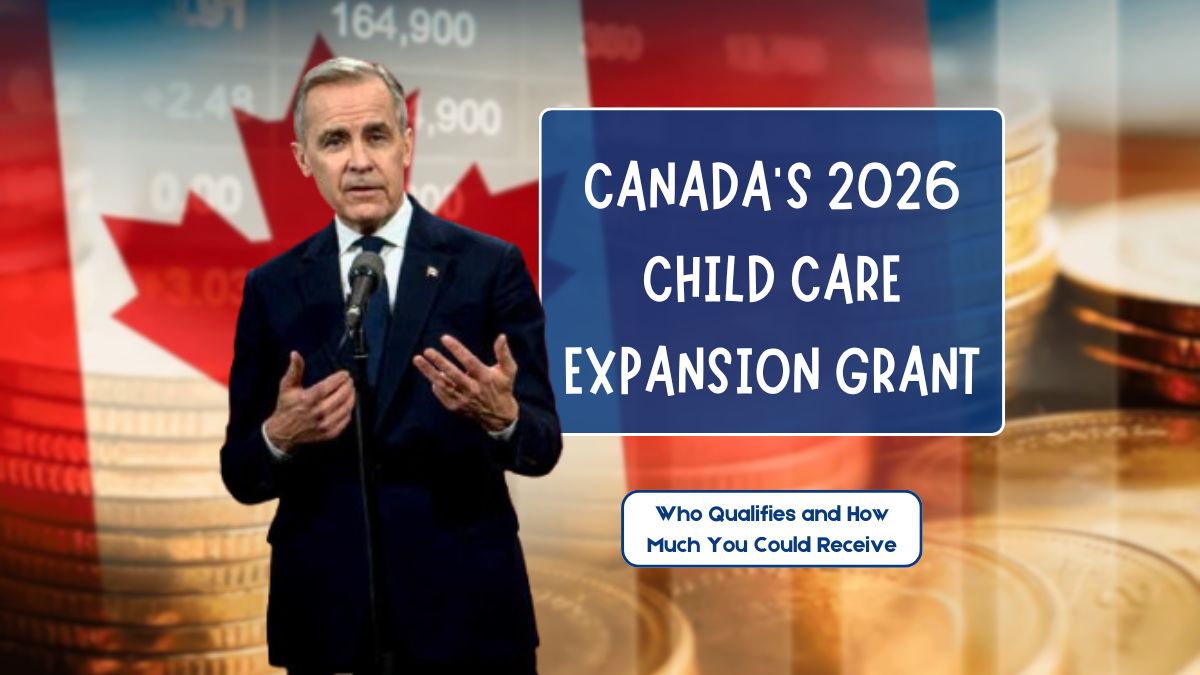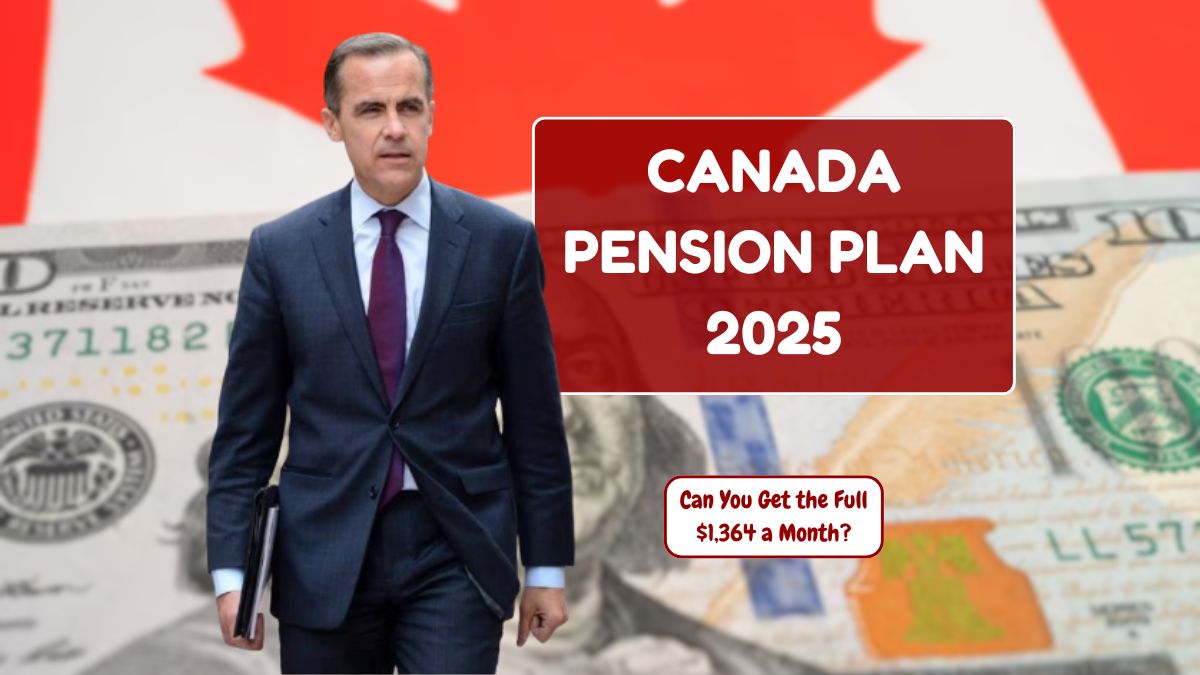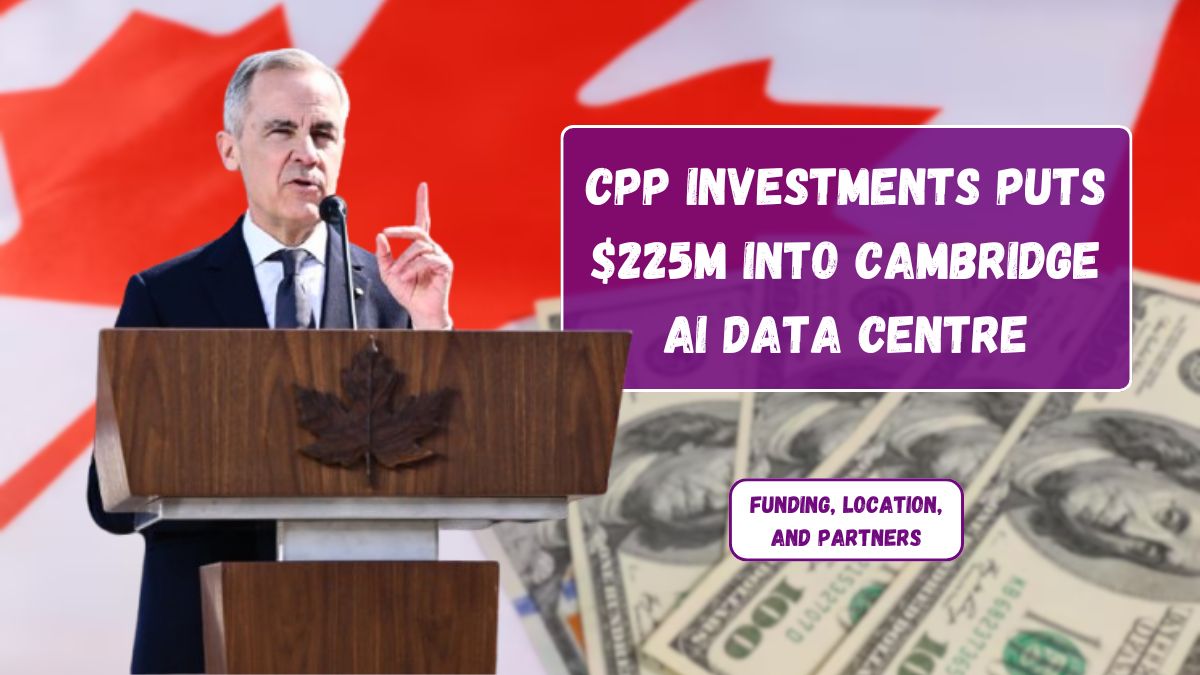Even though the 2025 tax season officially wrapped up in April, many Americans may still have payments coming their way—just not from the IRS. While most federal income tax refunds have already been sent out, several states are still in the process of issuing their own rebate payments. In Pennsylvania, for example, some residents may soon receive up to $1,000 through a property tax and rent rebate program. Here’s what you need to know to see if you’re eligible.
Federal
Most Americans who filed their federal taxes before the April deadline have likely already received any refund they were owed. According to the IRS, refunds generally take:
- Up to 21 days for electronically filed returns
- Around 4 weeks or more for mailed or amended returns
- Longer if the return required corrections or further review
However, if you filed for an extension until October, you might still be waiting for your refund. Additionally, some taxpayers who weren’t required to pay federal taxes may still qualify for certain tax credits, which are reimbursed as part of their return.
State
While federal rebates are the most commonly known, each state also has the ability to implement its own programs. These can include rebates tied to state income taxes, inflation support, or specific needs like housing costs.
In 2025, Pennsylvania has stood out by offering its own form of relief—specifically aimed at helping residents who are struggling with property taxes and rising rent costs.
Rebate
Pennsylvania’s Property Tax and Rent Rebate Program is meant to ease the financial burden for older adults, renters, and individuals with disabilities. If you qualify, you could receive anywhere from $380 to $1,000 depending on your income level.
To qualify for the 2025 rebate, you must meet these basic requirements:
- You rented or owned a residence in Pennsylvania in 2024
- Your income did not exceed $46,520
- You meet at least one of the following:
- You’re 65 or older
- You’re 18 or older and permanently disabled
- You’re a widow or widower aged 50 or older
Income
The amount of your rebate is tied to your income. Here’s how it breaks down:
| Income Range | Rebate Amount |
|---|---|
| $0 – $8,270 | $1,000 |
| $8,271 – $15,510 | $770 |
| $15,511 – $18,610 | $460 |
| $18,611 – $46,520 | $380 |
This system is designed to offer the highest rebates to the lowest earners, while still offering some relief to those with slightly higher incomes.
Support
With housing costs continuing to rise, programs like these are becoming more important. Homeownership is out of reach for many, and even renters are facing growing monthly costs. The Pennsylvania rebate program gives some breathing room to residents who are feeling the squeeze.
Pennsylvania isn’t the only state trying to help. For example, New York recently announced an inflation rebate check aimed at helping residents offset the effects of rising prices. These kinds of targeted payments may not fix the problem completely, but they offer some relief at a time when it’s badly needed.
So if you’re a Pennsylvania resident and think you might qualify, now’s the time to double-check your eligibility and get that application in.
FAQs
Who can get the $1,000 rebate in PA?
Residents with income under $8,270 who meet age or disability rules.
Is this rebate only for homeowners?
No, renters also qualify if they meet the income and age criteria.
What is the income limit to qualify?
You must earn less than $46,520 per year to be eligible.
Can I still get a federal tax refund?
Yes, if you filed for an extension or haven’t received it yet.
Do other states offer similar help?
Yes, some states like New York are offering inflation rebates.

